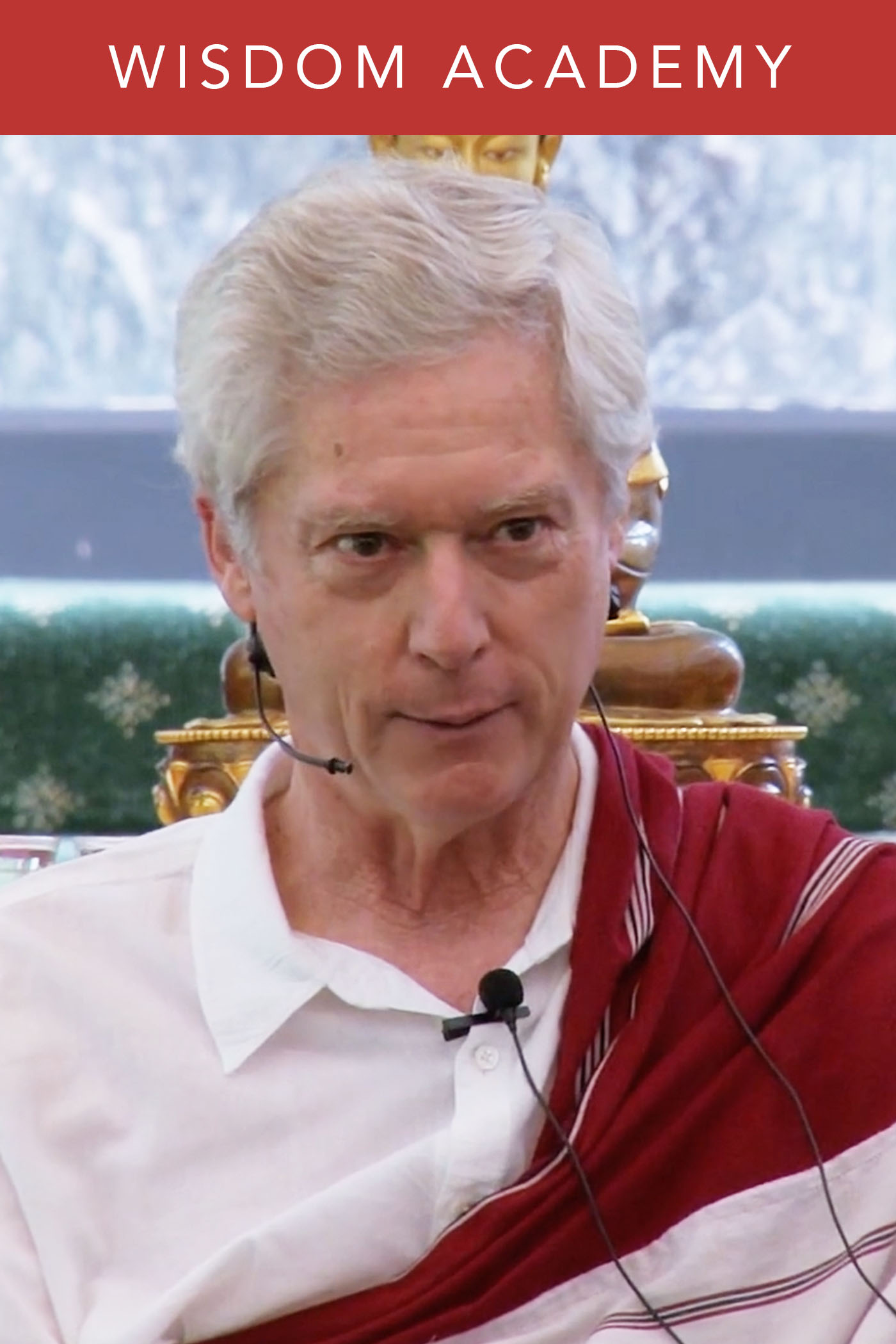...I'd likely fire him!
But seriously, here's the question - How does Zazen equate with Enlightenment?
I loved the allegory of the Golden Carp, so I am comfortable with the practice now and I am moving more easily in Zazen - however, this particular bit still leaves me utterly confused.
How is just sitting the same as the Buddhas Enlightenment? He taught the end of suffering, how is Zazen just this?
Thanks!
Tony - Will be sitting later _/|\_
But seriously, here's the question - How does Zazen equate with Enlightenment?
I loved the allegory of the Golden Carp, so I am comfortable with the practice now and I am moving more easily in Zazen - however, this particular bit still leaves me utterly confused.
How is just sitting the same as the Buddhas Enlightenment? He taught the end of suffering, how is Zazen just this?
Thanks!
Tony - Will be sitting later _/|\_






Comment